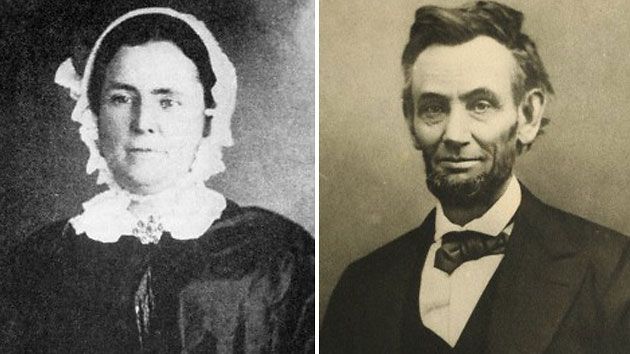Breaking up is hard to do for almost everyone. But for certain prominent figures from centuries past, the end of a romantic relationship led to more than just heartbreak. Some break-ups changed history – sometimes for the worse, often for the better. Amicable splits have set Presidents on the path to greatness or inspired some of the greatest works of art of all time. Less-amicable splits, however, have often caused significant rifts between countries or cultures. And, in a few extreme cases, relationship break-ups have even led to all-out war.
In one case, American might have missed out on its greatest-ever President had he chosen to honor a romantic engagement rather than follow his heart. Or then there’s the curious case of the European Emperor who walked away from his one true love in order to preserve his political legacy. And, of course, there are the break-ups that paved the way for equal rights, making it clear that women aren’t the property of men and so shouldn’t be made to stay in a union against their will.
So, here we present 16 of the most significant break-ups in history:
16. When Mark Anthony left his wife Octavia, he caused Civil War in Rome, and paved the way for the rise of the first Emperor

When Mark Anthony took Octavia as his fourth wife in October of 40BC, much of Rome looked on in approval. After all, she was not only praised for her natural beauty, loyalty and noble grace, the union also made political sense. Relations between Mark Anthony and Octavian had become strained, threatening the three-man dictatorship of Rome, known as the Second Triumvirtae. It even looked like the two men would fight, forcing the third dictator, Marcus Aemilius Lepidus to take sides. By marrying Octavian’s beautiful sister – and then having two children with her – Mark Anthony kept the peace.
His decision to leave Octavia for the Egyptian queen Cleopatra, then, caused more than heartbreak. Above all, the breakdown of the relationship – and with Octavia being the wronged party – meant that the people, and most importantly, most of the Roman elite, sided with Octavian in the feud. The two men clashed and Octavian defeated Marc Anthony at the Battle of Actium. Cleopatra and her new partner fled to Egypt, where they both committed suicide. And Octavian declared himself Augustus, the first Emperor of Rome.

